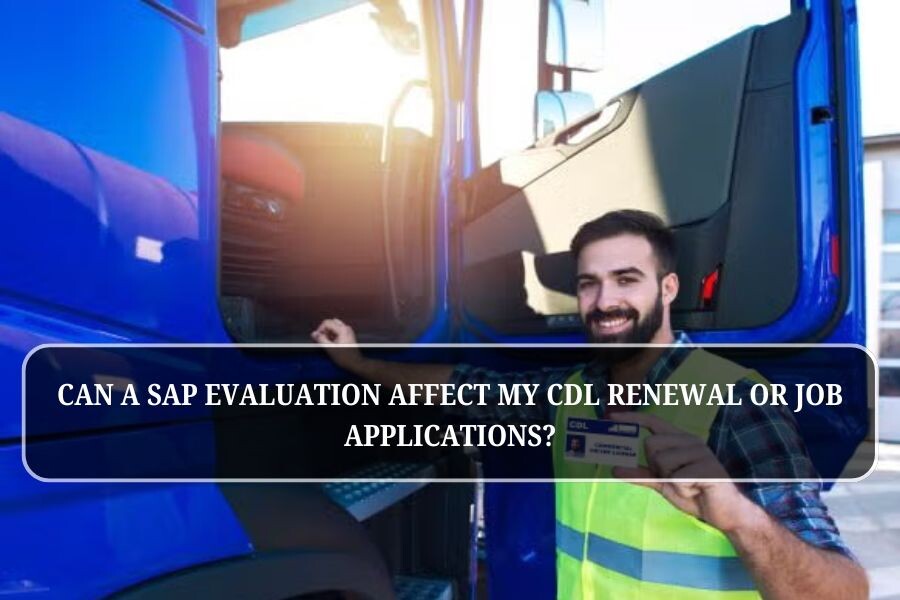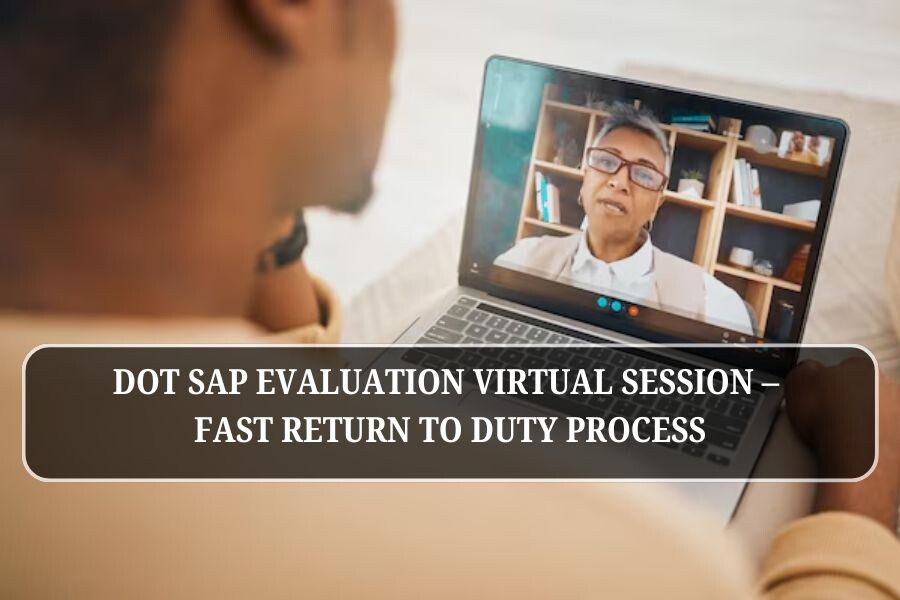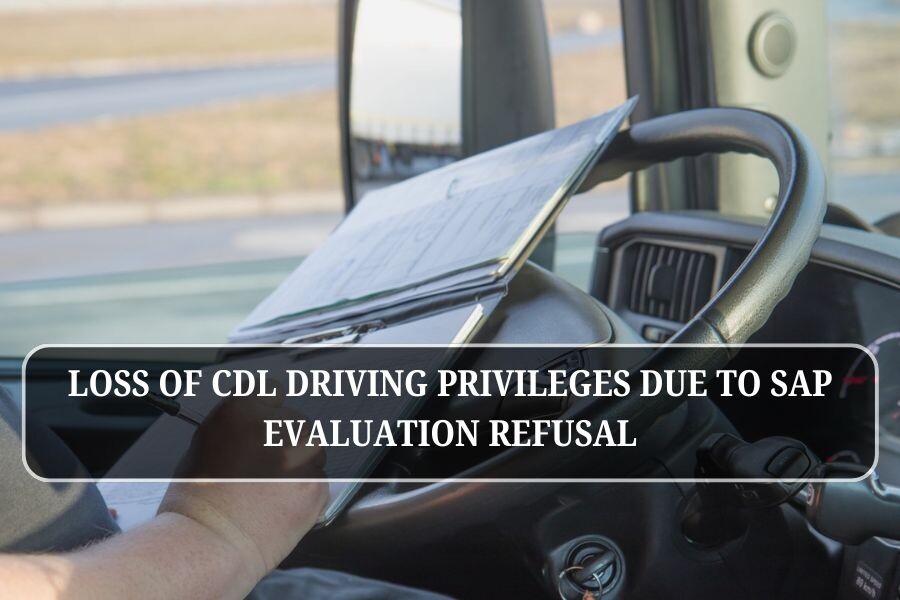Introduction
The rise of online SAP programs has made it easier for CDL drivers to start the DOT Return-to-Duty (RTD) process. However, not all providers offering virtual evaluations are DOT-qualified. Choosing an unapproved online SAP program may seem cheaper or faster, but it comes with serious legal consequences.
This blog explains what happens if drivers use an unapproved provider and how to avoid costly mistakes that could affect their license, job, and career.
Why Online SAP Programs Are Popular in 2025
With CDL drivers spread across states, many choose virtual SAP evaluations to save time and money. These programs provide flexibility, especially for those who live in rural areas or travel for work.
Key benefits include:
Convenience of remote evaluations
Faster scheduling compared to in-person visits
Lower costs in some cases
Accessibility for drivers in different states
However, these advantages only matter if the SAP provider is DOT-approved. Otherwise, drivers risk compliance violations.
Virtual SAP Programs: State-by-State Legal Acceptance in 2025
What Counts as an Unapproved Online SAP Program?
An unapproved program is any provider who does not meet DOT and FMCSA qualifications. While they may advertise SAP services, they are not legally recognized for Clearinghouse compliance.
Red flags include:
No listing as a DOT-qualified SAP
Promises of instant clearance without evaluations
Missing structured treatment or follow-up plans
No understanding of FMCSA regulations
Using such programs puts drivers at risk of non-compliance.
Legal Consequences for Drivers
1. Clearinghouse Non-Compliance
The DOT Clearinghouse will not recognize evaluations from unapproved SAPs. This means your violation will remain unresolved, blocking CDL renewal and new employment.
2. Employment Denial
Employers are required to check Clearinghouse records before hiring. If your SAP completion is invalid, employers cannot legally allow you to drive.
3. Delayed Return-to-Duty
Choosing the wrong program forces drivers to restart the entire SAP process, adding weeks—or even months—to downtime.
4. Financial and Legal Penalties
Working without valid SAP clearance could result in civil penalties, fines, and possible CDL disqualification.
FMCSA Substance Abuse Professional Guidelines
Risks for Employers
Employers also face risks if they accept SAP clearance from unapproved providers. Hiring a driver who has not completed a valid program can lead to:
DOT audits and fines
Liability in case of accidents
Violations recorded against the company’s safety rating
Therefore, both drivers and employers must ensure SAP programs are DOT-qualified and properly documented.
How to Verify a DOT-Approved SAP Program
Check DOT Credentials – Verify the provider is DOT-qualified.
Ask for Documentation – Ensure all evaluations and treatment plans follow federal rules.
Confirm Clearinghouse Updates – Make sure the SAP reports progress to the FMCSA Clearinghouse.
Avoid “Instant Approval” Offers – Legitimate programs require evaluation, treatment, and follow-up testing.
Telehealth SAP Evaluations: Are They Accepted by FMCSA & DOT?
Conclusion
Choosing an unapproved online SAP program may look like a shortcut, but it creates serious legal consequences. From Clearinghouse non-compliance to employment denial and financial penalties, the risks far outweigh the temporary benefits.
The safest option is always a DOT-approved SAP provider, whether in-person or online. By making the right choice, drivers can stay compliant, protect their CDL, and return to work without unnecessary delays.
Start Your DOT-Qualified Online SAP Program With AACS Counseling









